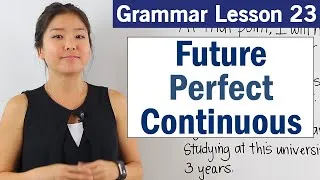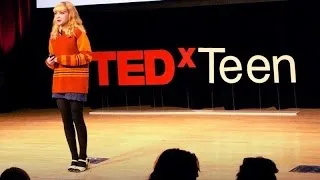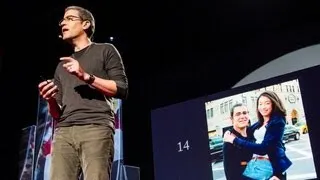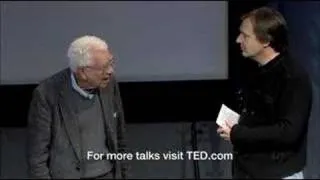Learn Future Perfect Continuous Tense | Basic English Grammar Course
83,034 views ・ 2020-10-17
Cliceáil faoi dhó ar na fotheidil Bhéarla thíos chun an físeán a sheinm.
New videos
Original video on YouTube.com
Tabharfaidh an suíomh seo eolas duit ar fhíseáin YouTube atá úsáideach chun Béarla a fhoghlaim. Feicfidh tú ceachtanna Béarla á múineadh ag múinteoirí den scoth ó ar fud an domhain. Cliceáil faoi dhó ar na fotheidil Bhéarla a thaispeántar ar gach leathanach físeáin chun an físeán a sheinm as sin. Scrollaigh na fotheidil i sioncronú leis an athsheinm físe. Má tá aon tuairimí nó iarratais agat, déan teagmháil linn le do thoil ag baint úsáide as an bhfoirm teagmhála seo.



